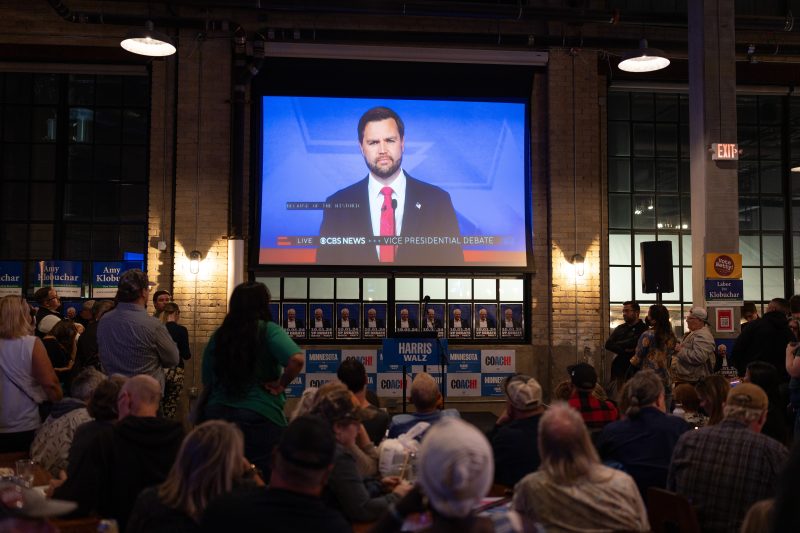In the age of constant political upheaval and new waves of populism, the emergence of figures like JD Vance has sparked both intrigue and concern among political observers. Hailed by some as the potential Trump 2.0, Vance’s rise in the Republican Party has prompted speculation about the future direction of conservatism in America. As a bestselling author and venture capitalist with a strong focus on issues affecting working-class Americans, Vance has quickly attracted a dedicated following, particularly in the more nationalist and populist segments of the GOP.
Vance’s background as a self-described hillbilly from rural Ohio has deeply influenced his views on topics such as economic inequality, cultural decline, and the perceived neglect of working-class communities by the political establishment. This narrative of personal reinvention and success against the odds has resonated with many disaffected voters who feel left behind by globalization and rapid social change.
However, critics warn that Vance’s brand of conservatism may come with its own set of controversies and challenges. His past comments on topics like immigration, race, and social welfare have drawn scrutiny and accusations of xenophobia and insensitivity. Some fear that his rhetoric could further polarize an already deeply divided political landscape, exacerbating tensions and stoking resentments.
Moreover, the comparison to former President Donald Trump is both a blessing and a curse for Vance. While Trump’s unorthodox style and blunt messaging appealed to a significant portion of the electorate, it also alienated many others and led to a tumultuous presidency characterized by chaos and controversy. Vance’s ability to navigate these pitfalls and expand his appeal beyond the core base of supporters will be crucial in determining his long-term viability as a political figure.
In the inevitable clash between traditional Republicanism and the newer strains of nationalism and populism, Vance stands at a crossroads. His ability to bridge the gap between different factions within the GOP, as well as his capacity to offer a compelling and coherent vision for the future, will play a significant role in shaping the party’s identity in the years to come.
As Vance continues to explore a potential run for political office, the spotlight on him will only grow brighter. Whether he can transcend the comparisons to Trump and forge his own path forward remains to be seen. In an era defined by uncertainty and rapid change, the choices made by figures like JD Vance will have far-reaching consequences for the future of American conservatism.


























